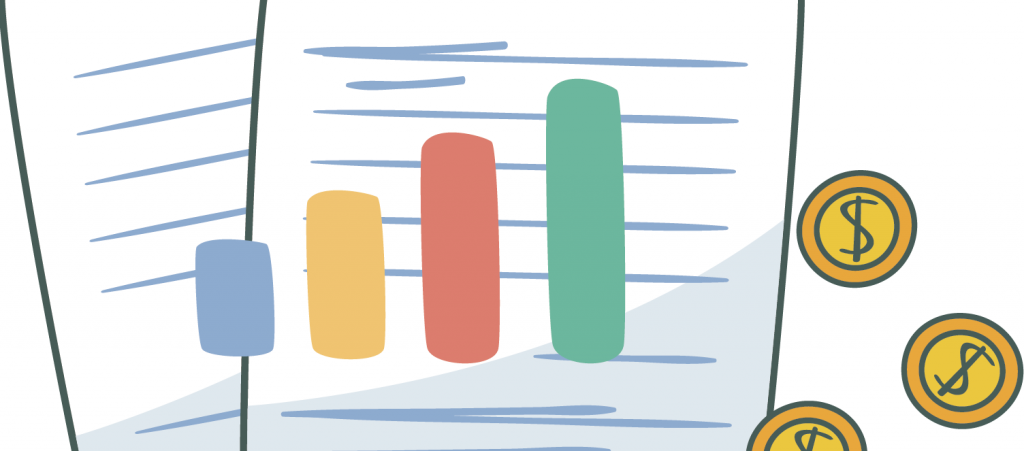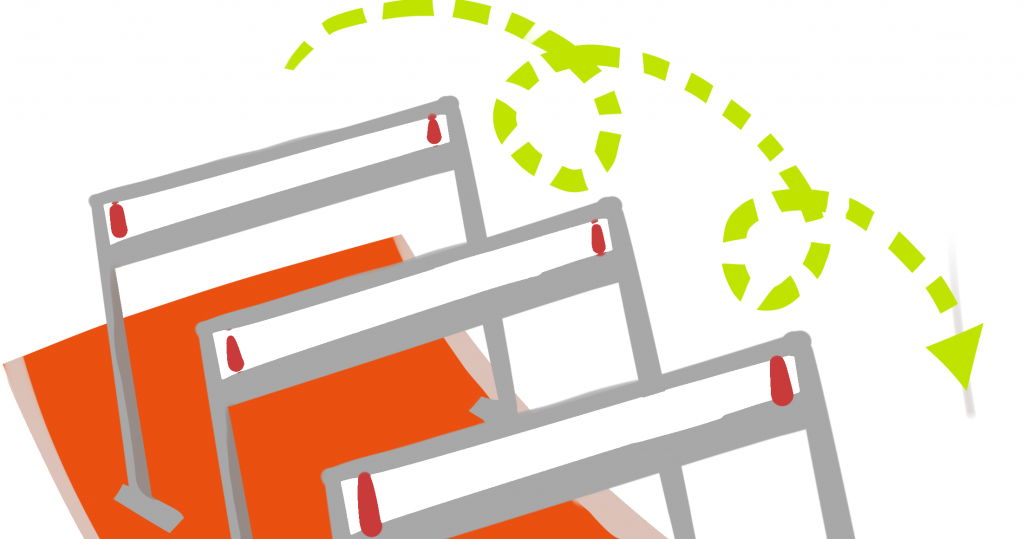This is the fourth in a series of articles written by Krystene Bousfield, Solicitor and Head of Debt Recovery at Travlaw . During the coming months, Krystene will delve into the sometimes uncomfortable, but 100% necessary, world of debt recovery, providing tips, advice and helpful assistance to enable you and your business recover monies to which you are entitled – be that from suppliers or customers.
This series of articles is very much intended to be interactive, so please get in touch with any feedback or specific queries you may have.
Part 3 –‘There’s no such thing as a free holiday’
Part 4 – Personal Debt and Protocols
It is well known that civil legal action is governed by various sets of rules and regulations in the form of the CPR (Civil Procedure Regulations) and its Pre Action protocols. Parties on both sides of the proceedings are expected to comply fully with these regulations or else face the wrath of the court when it comes to the issue of costs.
Interestingly, since the advent of the Civil Procedure Rules, there has been no protocol in Debt Recovery UNTIL, on 1st October 2017, The Practice Direction on Pre Action Protocols was introduced.
In this week’s article, we will look at this protocol as the final ‘intro’ section of this debt recovery series. Once we have covered this topic, we are then ready to delve into the somewhat meatier enforcement topics and learn about how we actually start recovering money!

Previously, we looked at initial steps in the debt recovery process and the correspondence that should be sent to debtors in the first instance, before legal proceedings are commenced. Such correspondence should, by way of good practice, be sent to the debtor at least 14 days before a claim if submitted, and include basic information such as the Creditor’s full name and address, the basis on which the claim is made, a clear summary of the facts and what it is the Creditor actually wants.
The Practice Direction on Pre Action Protocols goes several steps further and sets out the requirements that Creditors must adhere to when recovering debt from individuals, as opposed to businesses. Individuals can be considered more vulnerable than businesses and so the new protocol aims to protect them in a manner not previously set out under the law.
The Protocol’s aims are broadly similar to the Practice Direction and include encouraging parties to act in a reasonable and proportionate manner and encouraging early engagement. However, there are a number of key changes to be aware of:
Content of your initial correspondence / Letter of Claim
When sending initial correspondence to an individual debtor you must include details of the debt, any interest and additional charges owed and details as to how the debt can be paid. Documents explaining how the balance has accumulated should also be included and, where the debt arises from a written agreement, a copy of this should be provided as well.
New Forms
It is necessary to provide the individual with two new forms, being an Information Sheet & Reply Form, and a Financial Statement.
If the debtor asks for any further documents held by the Creditor, these should be provided within 30 days.
Timescales
The timeline for recovering debt from individuals is quite a bit slower than the ‘normal’ route that we follow when recovering from a business. Again, this timeline has been established to protect individuals with personal debt and allow opportunity for them to seek independent legal advice and debt assistance should they so wish.
In accordance with the 2017 Protocol, legal proceedings should not be issued until 30 days after the date:
- at the top of the Letter of Claim
- on receipt of the Reply Form from the debtor
- on which the creditor provides documents as requested by the debtor
whichever is the latter.
If, following all of the above, no agreement is reached, the creditor may give the debtor at least 14 days’ notice of their intention to commence proceedings, following the expiration of which – a claim can (finally) be commenced.

The additional ‘hurdles’ that a creditor must jump through when seeking to recover debt from an individual can be construed as frustrating, however failure to comply may well have cost consequences later down the line. As such, it is important for Creditors to know what is required by them and follow the rules that are in place.
If you are seeing to recover debt from an individual, or business, and require legal advice or assistance please get in touch to discuss how we can help.
This article was originally published on: 17 February 2020



